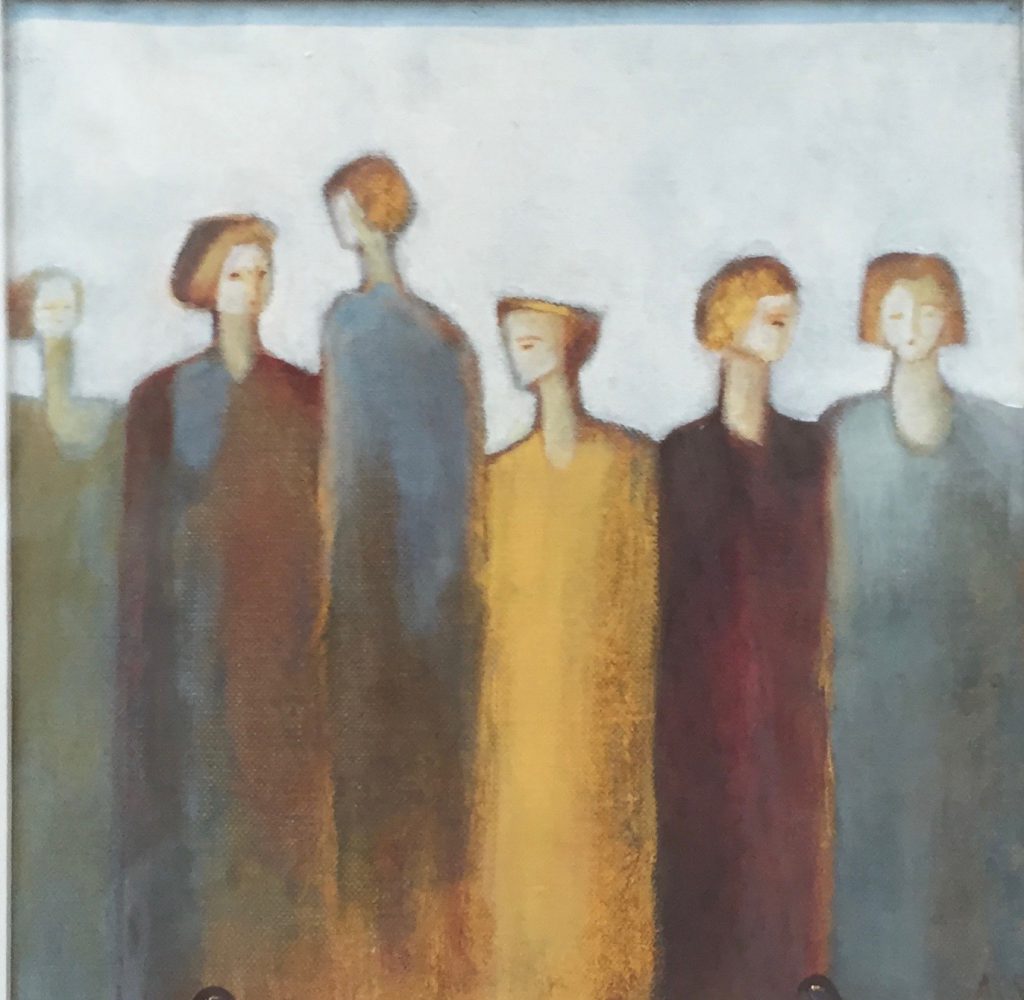Examining commitment and relational maintenance in formal youth mentoring relationships
This study by Patricia E. Gettings and Steven R. Wilson from Purdue University, USA utilizes a social exchange perspective to examine mentors’ reported commitment and relational maintenance in formal youth mentoring relationships. One
hundred and forty-five adult mentors from four mentoring programs completed surveys about aspects of their current youth mentoring relationship.
Mentoring- An invisible gift
Above you will find a very interesting paper “Researching the Impact of Student Mentoring in the Community” by Alethea Melling, Ridwanah Gurjee. It explores the impact of mentoring relationships on student mentors at the University of Central Lancashire in the UK and looks at student experiences, personal and professional development from mentoring over one academic year. As such the results of this study are also valuable to us.
It includes both qualitative and quantitative methods in order to draw comparisons and detailed insight into the interactions of all parties involved in the mentoring programme, including mentors, mentees and the community organization.
The findings is that mentors receive an ‘invisible gift’ that is not formally acknowledged. The ‘gift’ is manifested as key skills for lifelong learning and employability. Also, the findings highlighted that mentoring has a significant impact on the mentee regarding enhancing confidence, self esteem, skill development and engagement in pro-social behavior; thus, identifying ‘hard’ and ‘soft’ outcomes.
This research also concludes that the mentoring process should utilize a ‘mentee-centered approach.’ A balance of both ‘instrumental and ‘expressive’ processes in order to support, encourage and guide mentees to achieve their full potential.



